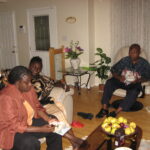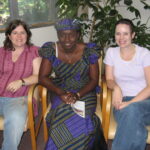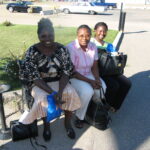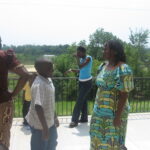The Tangale people are an ethnic group predominantly found in Gombe State, Nigeria. They speak the Tangale language and are believed to have origins in Yemen. Historical accounts suggest that they migrated through Egypt and Borno State before finally settling in their current location. The name “Tangale” is derived from “Tangal,” a revered chief of Billiri, who played a significant role in unifying the various clans under his leadership, fostering a sense of community and cohesion.
The Tangale community has a vibrant and rich cultural heritage, characterized by unique music, traditional dances, and distinctive cultural practices. One of the highlights of their cultural celebrations is the annual Pis Tangle festival. This event is a colorful and lively gathering where the Tangale people showcase their rich cultural artifacts and traditional foods such as dippo, yiluk ronjo, and kumbam. The festival serves not only as a celebration of their heritage but also as a means to educate the younger generation about their history and traditions, ensuring that their cultural identity is preserved.
In addition to their cultural festivities, the Tangale people place a strong emphasis on maintaining their language and cultural practices, even as they embrace modern advancements. They strive to balance the preservation of their traditional ways with the integration of contemporary influences, creating a dynamic and evolving cultural landscape. This dedication to cultural preservation is evident in their continued efforts to pass down their language, customs, and traditions to future generations, fostering a deep sense of pride and belonging within the Tangale community.






